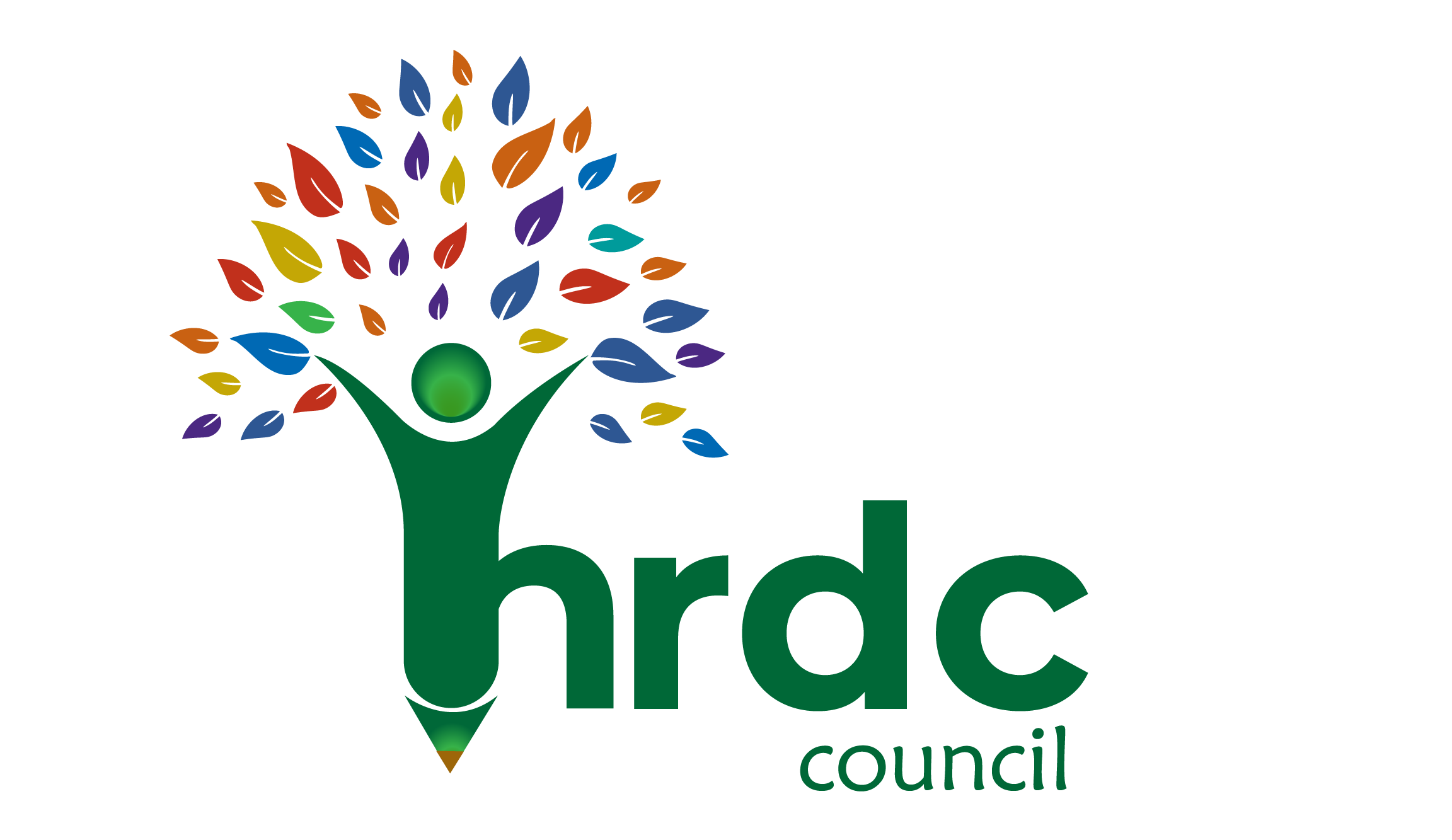Human resource (HR) management is critical in exponentially increasing a company’s success. Entrepreneurs may be experts in their fields but must be more active in managing personnel. As a result, the existence of HR is compulsory. A skilled human resources manager can settle organizational behavior disputes and attract outstanding personnel. In addition, a competent human resources department may create an effective hiring process and increase a corporation’s overall productivity.
According to recent surveys, 83% of Human resource professionals have sway over corporate decisions. Although most corporate directors understand the value of human resources, many need help quantifying their effectiveness. Furthermore, after reviewing it, they need to learn how to increase HR effectiveness. Whether your company has a one-person HR department, a large workforce, or someone who has taken on HR duties in addition to another full-time job, here are some suggestions and best practices to help you maximize the benefits of your HR initiatives.
Develop Teamwork
Uncertainty and pressure at work do not yield good results. Instead, your staff should feel incentivized to speak with one another and exchange ideas. Illustrate brainstorming and provide team rewards to motivate them to open up and collaborate. A few brains are better than one and boost a company’s efficiency.
Employ Tech and Insights
With a Human Capital Management (HCM) tool, your firm may analyze and monitor your workforce’s experiences. Many HR departments utilize payroll services, but these platforms must be more frequently utilized for organizing tax forms, staff data, OSHA logs, etc. A well-designed HCM automates several operations and interfaces with payments. It also offers a safe platform for employees to schedule claims and other criteria.
Nurture Talent from Inside
Businesses needing help finding skilled personnel sometimes need to pay more attention to the potential within their confines. Internal talent development can assist in filling complex roles and increasing retention rates. Identify workers with leadership capabilities and show them how they may add to the firm while advancing their career ambitions. Consultants, professional coaches, and training opportunities to gain new skills should be available, including funding for appropriate programs and certifications. Assist your staff in developing networking opportunities and soft skills to enhance communication and interpersonal interactions. Inform prospects about your firm’s personal and professional development programs, which may be crucial when selecting a new job with your organization.
Maintain Compliance
Corporate compliance with the numerous requirements is a full-time job in and of itself. While compliance may appear to be a back-office activity at first appearance, it significantly influences employee recruitment and retention. Know what questions to pose and what not to ask during screenings, answer staff information inquiries promptly, keep precise and safe personnel records, correctly manage grievances and harassment allegations, and adhere to best practices for maintaining a personnel handbook. Workers and recruiters feel more confident knowing that they will be handled equitably and that any grievances will get addressed when they see a dedication to compliance.
Discuss rather than order.
Screaming instructions at your staff and team will only result in frustrated and demotivated personnel who don’t want to be their best since they have no incentive. Connect with them. Acknowledge them openly for their outstanding work and resolve any difficulties privately; so they do not seem targeted or unwanted. Have an understanding and care for your teammates. While some workers demand a professional attitude, others prefer a casual and gentler approach. To recognize them, as an HR professional, obtain a solid introduction to human resource fundamentals that will help you interact effectively and productively with each teammate.
Conclusion
A single article cannot adequately capture the duties of today’s Hr practitioners and their involvement in sustaining a happy and healthy workplace. Increasing HR effectiveness gets based on a firm’s unique circumstances. Improving organizational communication, for instance, is contingent on the corporation’s size and structure; constructing an effective training program necessitates knowing the accurate number of new staff members and their areas of expertise; and establishing a cultural perspective is based on the firm’s mission and unifying aspirations.


